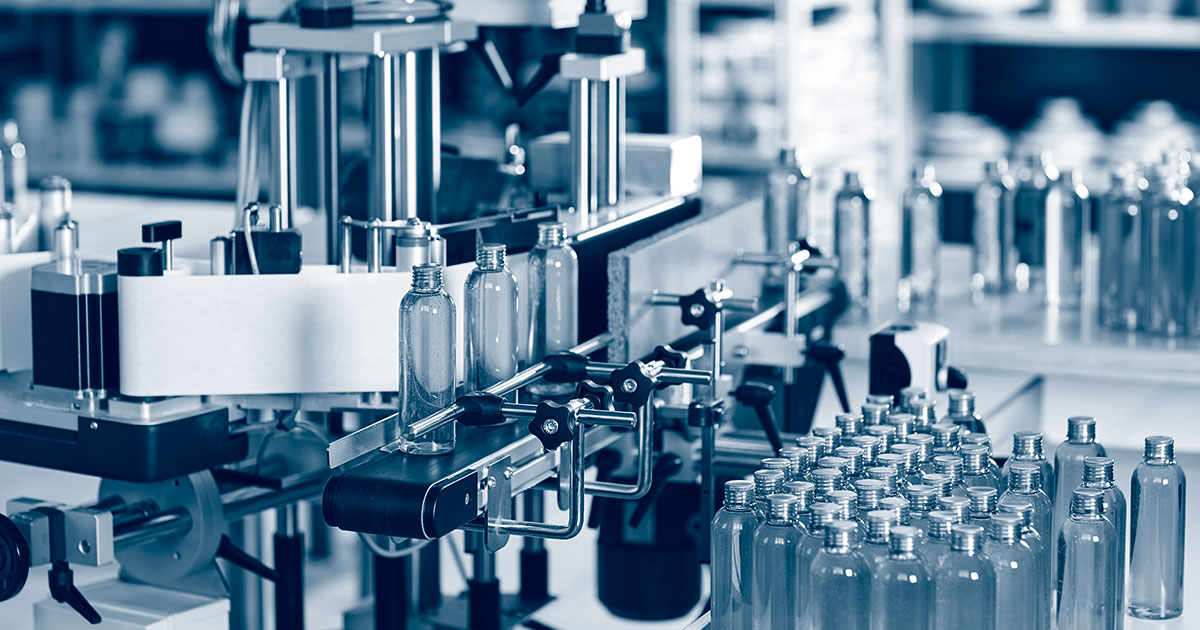Deadline: September 7, 2023
what we’re looking for:
Reckitt is strongly committed to the sustainability of our products and delivering a positive consumer experience. We are looking for materials, technologies, or processes that can improve the sustainability of our cosmetic brands, while continuing to deliver world-class performance for our customers. In particular, we are interested in all approaches that generate less waste or require less water usage throughout the entire lifecycle of our products, reducing our impact on the environment.
why this challenge matters:
With each new product Reckitt launches, we strive to be more sustainable than our competitors and our previous products. Through our science-led innovations, we are supporting a systematic reduction in the environmental footprint of our broad product portfolio and combatting climate change.
what’s our success criteria:
Reckitt is looking for innovations in three key areas:
- Upcycled Ingredients
- Increased Shelf Life
- Reduced Water Usage
Regardless of the sub-topic, Reckitt aims to evaluate samples by mid-year 2024, with the goal of implementation in production by 2026.
Upcycled ingredients: ingredients that are a by-product or waste product from another industry (such as by-products of the food industry) that can be scaled economically. All potential ingredients and formats are of interest, including, but not limited to:
- Binders
- Bulking agents
- Exfoliants
- Pigments
- Surfactants
Ideally, proposed ingredients will be a 1:1 replacement, however approaches that enable reductions in conventional ingredients are also of interest. All proposed ingredients should be applicable for cosmetics. Ingredients obtained from processes that are themselves sustainable are highly desirable.
Increased shelf life: if a product has a longer shelf-life, it will result in less waste. We are looking for ways to extend the shelf-life of products, either through ingredients or packaging solutions. Potential pathways of interest include:
- Innovative barrier materials for cosmetic packaging
- Improved resealability for cosmetic packaging or other design innovations
- Ingredients or formulations with increased shelf stability or open time
The average shelf life of a Reckitt cosmetic product is two years. We are interested in all approaches that can deliver any measurable improvements in shelf life.
Reduced water usage: we are looking for innovations that reduce the amount of water required to rinse-off cosmetic products, some of which are viscous by design. We are open to all approaches that enable reductions in water usage, including, but not limited to:
- New cosmetic-grade ingredients
- New formats for existing cosmetic-grade ingredients
- Processing innovations that improve rinsing without negatively impacting performance
Reckitt is interested in all approaches that can deliver a quantifiable reduction in water needed for rinse-off cosmetic products.
Reckitt is open to submissions from academic researchers, as well as corporations of all sizes and maturities. In your proposal, please indicate how you prefer to engage with us. Reckitt will work with selected respondents to determine the optimal relationship for both parties.
what’s out of scope:
- Substances banned by any governmental authority (e.g. triclosan)
- Products without scientific data to support performance claims
- Chemicals deemed to be toxic, carcinogenic, mutagenic, teratogenic, corrosive or harmful for the environment
what we can offer you:
Reckitt can offer access to a broad range of capabilities and expertise, including in areas such as formulation, testing, packaging, regulatory compliance, and product supply.
It is our intention to establish positive and fruitful partnerships with experts and organizations that will lead to disruptive innovations to improve the lives of consumers, contributing to a healthier and cleaner world.
our preferred relationships:
- Joint Development
- Technology Licencing


